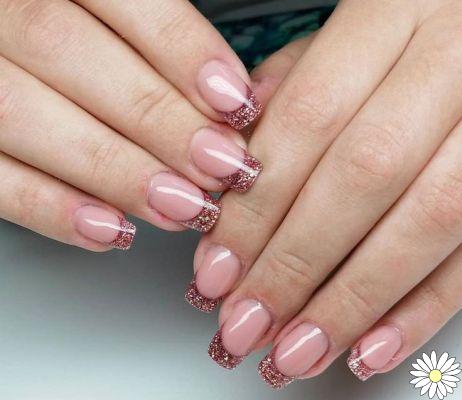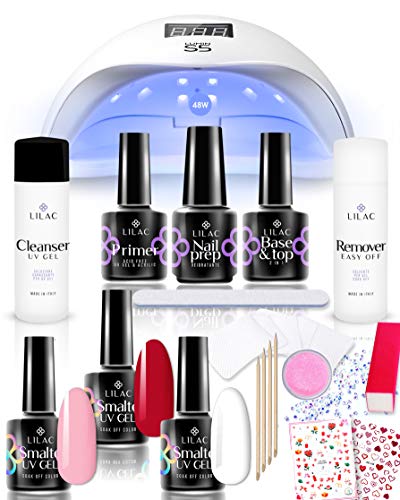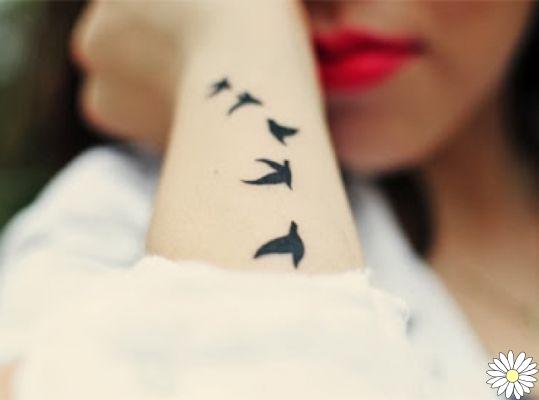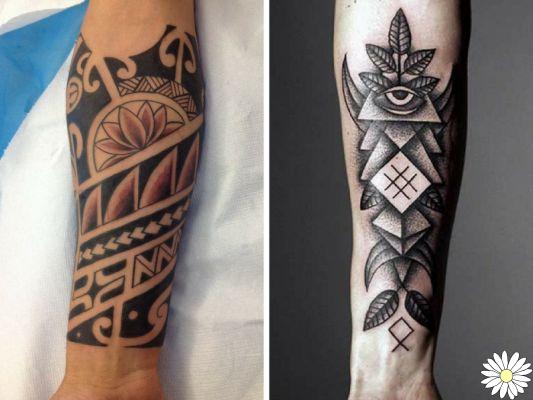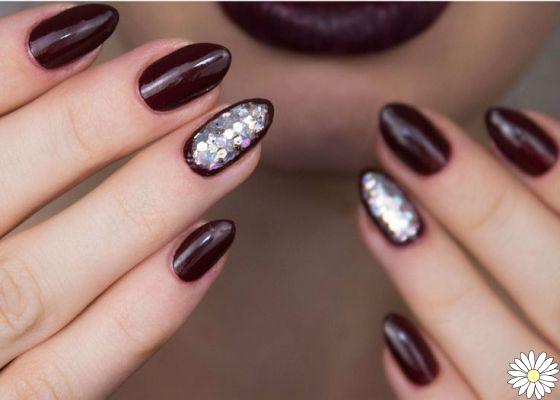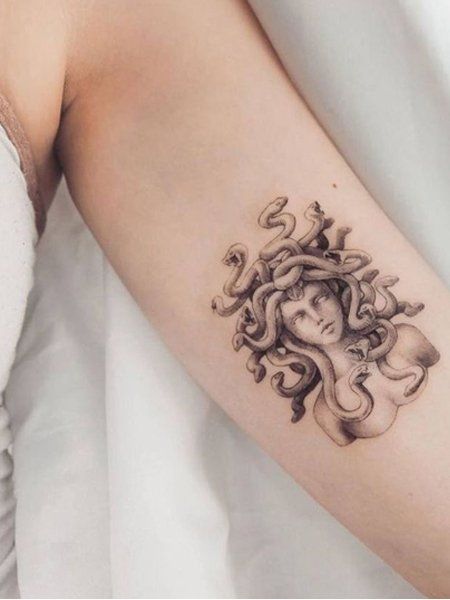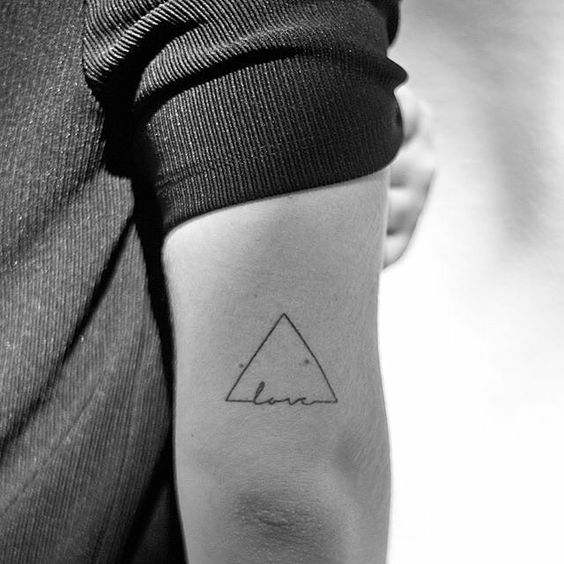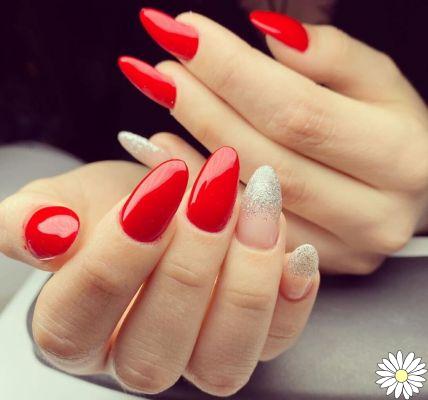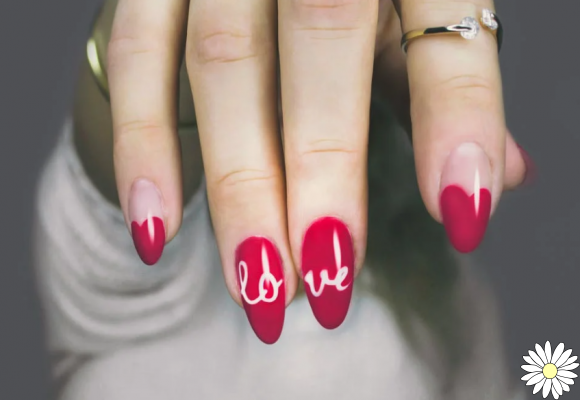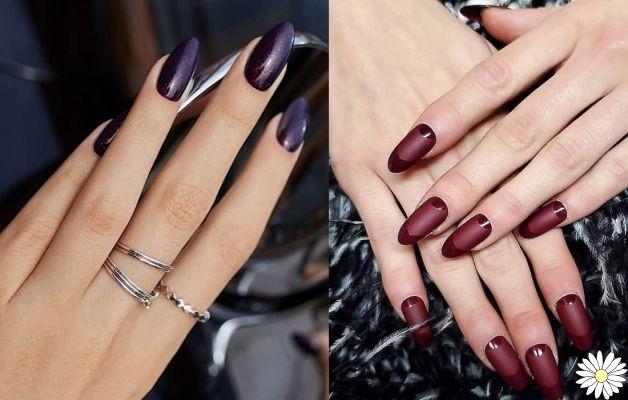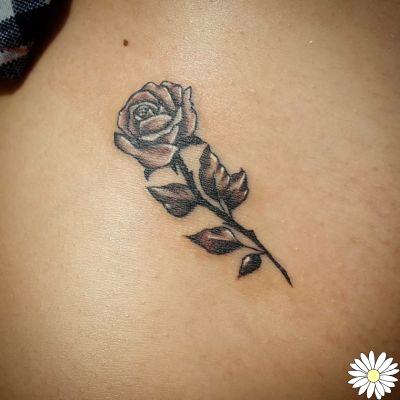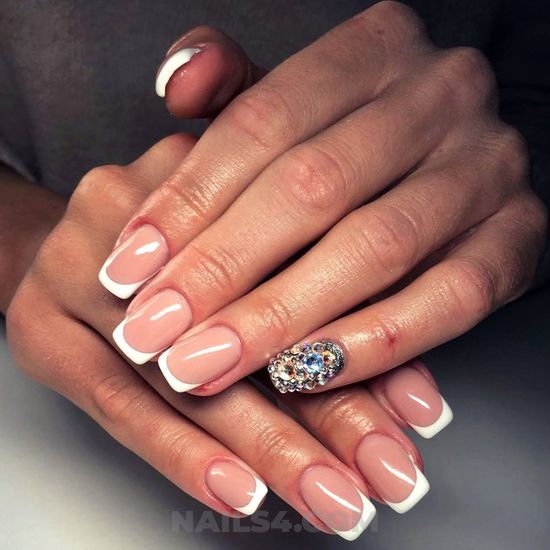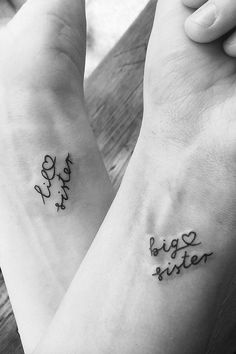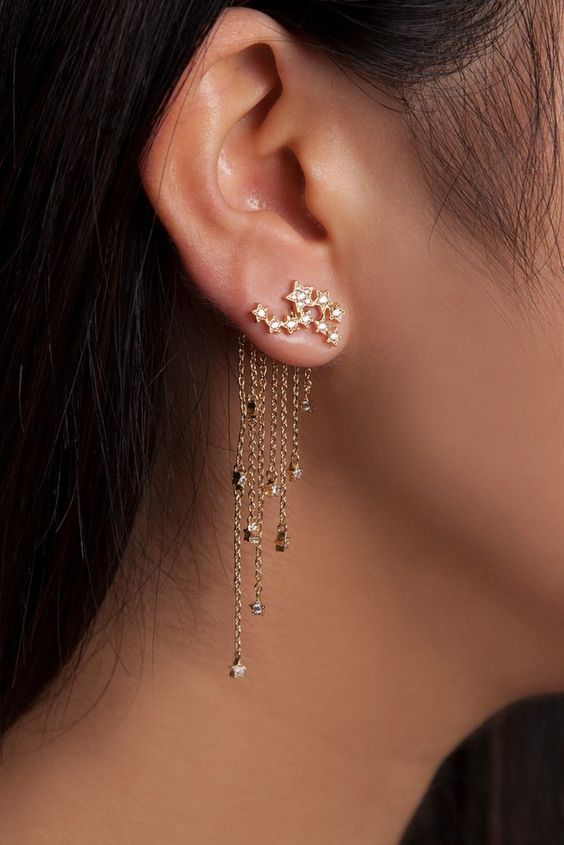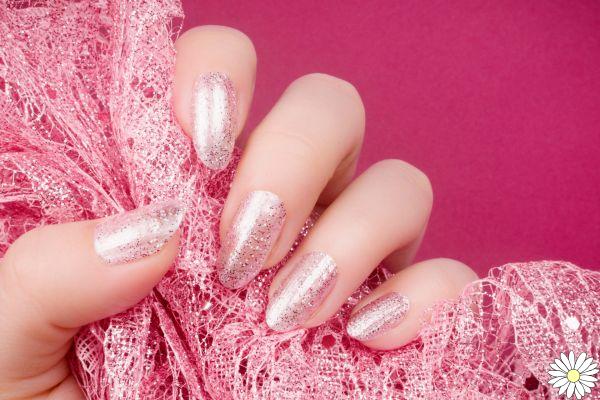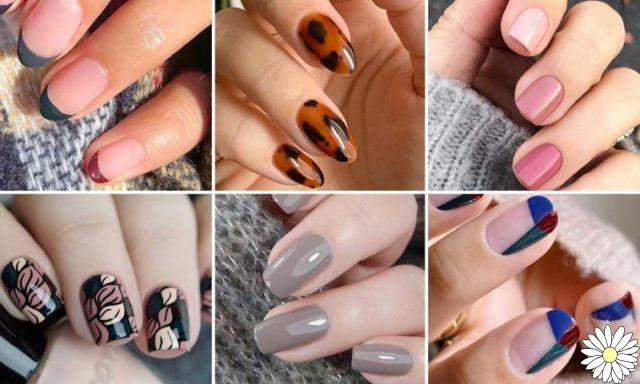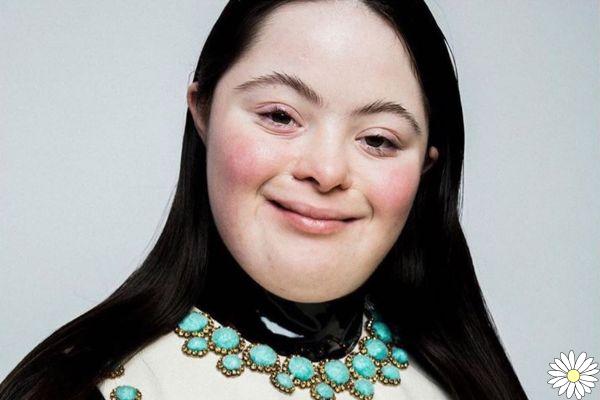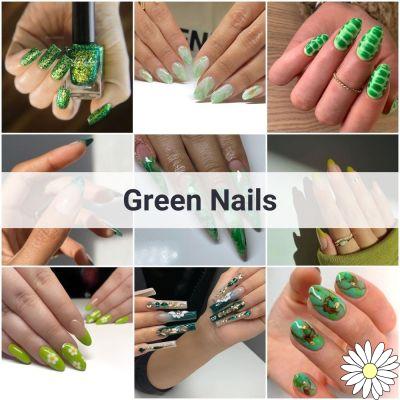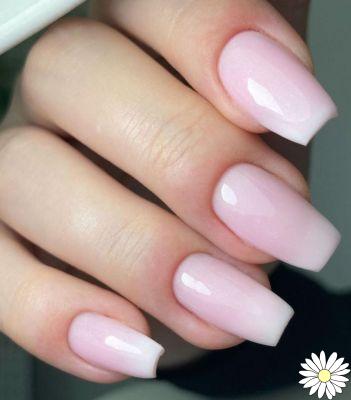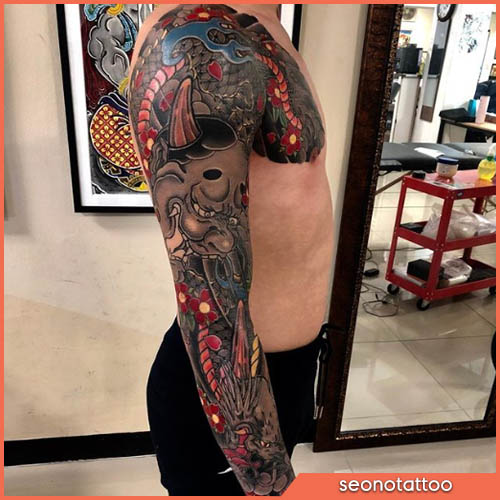
Japanese tattoos are expressive and bold, which is why they are loved all over the world. The vibrant colors and eye-catching shades make these tattoos rich in meaning.
The images used often honor Japanese folklore and tradition. Among the most popular designs we find mythical beings, such as dragons and phoenixes; nature, animals and supernatural elements.
In Japan, the tattoo has a very important meaning. The technique used by body art professionals is complicated and refined. Do you like this style? Read on for new ideas to copy right away, with tips and descriptions.
What are traditional Japanese tattoos?
They are also known as Irezumi. It is an ancient drawing technique, full of symbolism. Usually body art involves different themes, which can be inspired by folklore or tradition.
An example? The most common images include koi fish, dragons, geishas, and flowers. The style is very distinctive, characterized by bright colors and meaningful topics. Japanese tattoos are popular all over the world; many people wear them with pride.
However, it is important to know that in Japan some images are considered offensive, just like those relating to religious themes, or dark and dangerous stories.
Traditional Japanese tattoos
What is a Yakuza tattoo?
Japanese tattoos are beautiful, bright and expressive; yet they have a bad reputation, as they are often associated with the Yakuza. This criminal gang is known for the flashy tattoos scattered over the body, painted to brand members for life, showing loyalty and the ability to endure pain.
For this very reason, tattoos in Japan were banned by national law for a certain period of time. That said, some Yakuza in the XNUMXst century prefer not to have body tattoos in order to blend in easily with the rest of society.
What colors are used in Japanese tattoos?
The color used for tattoos is an incredibly important topic. Although some combinations of black and gray appear detailed and meaningful; the Japanese technique stands out above all for its inimitable brightness.
There are various color schemes to choose from, depending on the subject; each of them represents a different symbolism. A black koi fish, for example, is associated with masculinity, adversity, and perseverance. A green dragon is connected to nature.
Red
Red is one of the most vibrant colors ever, often used in this genre of tattoos. In Japanese technique it represents strength, passion and blood. Shrines and temples can be painted red.
The color is associated with important events and even the national flag. It is also believed to ward off evil spirits and can be a symbol of peace and economic success.
Blue
Blue is a popular color, often found in Japanese clothing. It is worn in the workplace, with suits and uniforms available in various shades. It can be associated with hard work, loyalty, and acceptance. As you can see, it is also a beautiful tattoo.
Black
Black is widely used in Japanese tattoos. You will often see black and gray designs that are detailed and incredibly beautiful. The writings are almost always made with black ink; they are associated with mystery or mourning. It is an intense shade, often seen as masculine.
Black has a rich history in tattooing; depending on the design chosen, the meaning can even increase. A black dragon, for example, is a symbol of great wisdom; a cat of the same color, on the other hand, drives away evil.
White
White is also a popular color in Japan, considered sacred. It represents mourning and death as well as purity, peace and honesty. For some, it is associated with new beginnings and connected with the spirit world. Used in tattoos, it creates an eye-catching contrast, especially when inked with black or gray. It adds details and gives more three-dimensionality to the design.
Viola
Purple is an extraordinary color for body art, as it is very bright and full of meaning, especially in Japan. This shade is in fact associated with royalty and strength. In the past it was one of the most expensive colors to produce, therefore reserved for the lucky few.
Rosa
It is associated with feminine power, beauty and good health. It is commonly used in Japanese body art to make the popular cherry blossoms. It adds brightness to the tattoo, making it softer and more delicate, even if you are a man.
Green
This color represents nature and life. In Japan it is also associated with energy and vitality. Its brilliance livens up the tattoo, adding extra meaning to the chosen design.
Yellow
There are few astonishing colors like yellow; represents warmth, joy and prosperity.
It is the symbol of the sun and brings happiness. In some areas of Japan it is considered a sacred color; in others it has a negative connotation.
It is useful for making a wide range of designs, from flowers to dragons. It is bound to turn heads! On the other hand, gold is related to power and gods, adorns shrines and temples.
1. Cat tattoo
Cats are often associated with wealth and luck; they are therefore considered excellent subjects for tattoos.
There are various techniques for the realization; some follow the traditional method; others add innovative and original details. An example? Add food, clothes and accessories for your cat. Avoid sacred and religious images, so as not to risk being offensive.
2. Cherry blossom tattoo
Cherry blossoms are gorgeous; the pink color makes them perfect for decorating any type of landscape. That said, they don't live very long, which makes the flowers symbolic of life and its impermanence.
The flower is also connected with strength and perseverance; it is a common image used in Irezumi, for its beauty and its meaning.
In Japan, the cherry blossom season is a time to celebrate. This type of tattoo is therefore also associated with joy.
3. Japanese cloud tattoo
Do you want a beautiful decorative tattoo? Clouds may be what you are looking for. The tufts in bold are called Kumo; they can be inked on their own or as a filler for other images.
Clouds are a gift of nature, a symbol of important ideas, masculinity, impermanence and change. They tend to look better when tattooed in hidden places on the body.
4. Tattoo with the crane
The crane is very important in Japan; it is seen as a symbol of peace and hope. It is also considered an otherworldly creature; deeply respected and admired. It has been the subject of mysterious and surprising legends.
This bird can bring good luck; it also represents longevity and wisdom. The design is usually detailed; may include other images such as sun or flowers. It requires a large enough area to make; the arm or thigh are perfect; allow the creation of elaborate, vibrant and colorful designs.
5. Demon tattoo
It may not appeal to everyone, even if it has a very interesting meaning. The most popular image is Oni, a type of ogre (or demon) found in Japanese folklore. The drawing represents the balance between good and evil.
It works as a reminder that harmful acts never go unpunished. The wearer may also want to intimidate others, demanding absolute respect. The design is often detailed and decorated with other images, such as cherry blossoms or snakes.
6. Drago Tattoo
Japanese dragon tattoos are among the most popular; interesting and full of symbolism. The mythical creature has great significance in Japanese culture; represents courage, strength and wisdom. It is in stark contrast to what dragons represent in the West, often seen as evil or greedy.
Where to place it? The arm or leg are the best spots, as the creature's shape seems to wrap perfectly around the limbs.
There are also many colors to choose from, each with its own meaning. Black is associated with wisdom; green to nature. Yellow dragons are noble. Choose your favorite! The most popular combination? Without a doubt the red and the black.
7. Floral tattoo
They are fantastic choices for both men and women. You can opt for a single flower, or choose multiple blooms, to incorporate into an intricate design that includes other images such as dragons, phoenixes or koi fish.
Flowers are very important in Japanese culture. Among the most popular are the lotus, peony and cherry blossom, each of which has different meanings. Plants, in general, are commonly associated with life and beauty.
The Japanese style uses bright colors, making your tattoo hard to forget. What do you think of the drawing below?
8. Cane Foo Tattoo
The Foo dog symbolizes protection and brings good luck. It is a mythical creature, half dog and half lion, very important in Japan. It is an architectural ornament designed to protect important buildings and shrines.
Represents prosperity, good luck and protection; is the ideal subject for a tattoo. This mysterious animal also inspires the western world; if you love the symbolism associated with it, it's a great choice for your next body art.
9. Frog tattoo
Japanese frog tattoos are unique and very original! They are bright, multicolored and with a gritty look. Some designs also include gold coins. They are beautiful to look at and full of meaning.
Choose the style of the tattoo and any decorations to add, to make your design unique. The frog is considered a lucky door animal, a giver of prosperity, success and positivity.
10. Tattoo with Japanese women
Geishas have a very important history in Japan; they are often associated with beauty, charm, femininity and grace. The tattoo representing the Geisha, or a traditional Japanese woman, is perfect for both men and women; embodies perfection, respect and intense beauty.
It is an icon of Japanese culture. Most of these tattoos are large and detailed, requiring quite large areas of the body. You can also add other traditional images to the design, such as a cherry blossom or a samurai, to your liking.
11. Koi Fish Tattoo
Do you want a tattoo that represents strength, achievement, success, determination, good luck and more? Choose the koi fish! It is perfect for your next tattoo.
In Japanese body art, this is one of the most popular images, thanks to the strong symbolism of the carp. It has different meanings, depending on the color. Red, for example, represents love, power and motherhood. Black is associated with adversity and the struggle for success.
12. Japanese letter tattoo
Sometimes people want to tattoo words or phrases, without others understanding the meaning. Precisely for this reason, foreign languages and symbols are often used. Kanji script is beautiful and makes for an interesting and symbolic tattoo.
However, there are some drawbacks to using this type of design. If you haven't done enough research and you don't understand the language, you risk getting tattooed something with a completely different meaning than you want. If you like Japanese culture, honor it by studying it thoroughly.
13. Japanese lion tattoo
This lion tattoo represents courage, royalty and strength. In Japan it is depicted in a different way than the traditional lions of the African plains. It has pointed ears and a mane with a tuft, it has an intimidating but also mythical aspect.
They are common statues used to protect the entrance to important places; they are designed to ward off evil and offer protection. Your body art can have the same meaning. It's a strong design, often shown with bared teeth, perfect if you want something powerful to keep you safe while reminding others to stay away from you.
14. Lotus flower tattoo
The lotus flower is a popular choice, as it is rich in symbolic value. It is very popular in Japan, it is often tattooed individually or within an aquatic theme (like a koi fish, for example).
Flowering is often associated with enlightenment and spiritual awakening; it also represents purity and strength. The beautiful flower grows in muddy waters; this is a reminder that even when life gets tough, you can always find beauty, even in unthinkable places.
It can also be interpreted as a way of not giving up while continuing to persevere.
15. Mask tattoo
There are several Japanese masks, some worn for religious events, others for theatrical and festival purposes. Your inspiration will determine your design. A popular choice for body art is the Hannya mask. Despite the creepy appearance, it brings good luck and is used to ward off evil.
It also represents a woman consumed by passion; the broken heart and the love sickness.
16. Peonia Tattoo
The peony is present in many Japanese tattoos. It is a beautiful flower, often made in bright colors. It is a bold and meaningful design. Symbolizes prosperity and good luck; it is also related to life, perseverance, courage and honor. You can choose the single flower, or decide to associate other images, such as a geisha or a crane, to add even more meaning to your body art.
17. Tattoo with the phoenix
This design is often associated with birth, death and rebirth. Referred to as Hou-ou, the Japanese phoenix is a mythical creature that represents fire, justice and power. In the past it was also used to decorate the houses of the inhabitants considered honest and loyal.
It is a beautiful colorful bird, full of symbolism. It is one of the most popular choices in the Japanese style.
18. Skull tattoo
The skull is a universally recognized symbol of death; it may seem like a morbid choice for a tattoo. This is not necessarily the case, since it also represents our existence and, consequently, the importance of enhancing every single moment.
The Japanese skull tattoo is a symbol of change. It can be accompanied by other images, including flowers of different types and colors, important elements to add meaning.
19. Snake tattoo
One of the most popular symbols found in the Japanese technique is the snake tattoo. It is a symbol of change, protection from disease and bad luck. This can be surprising considering the intimidating aspect of the snake!
It is often depicted rolled up on itself, seemingly ready to strike. However, the creature is not considered evil; brings luck and strength to the wearer.
20. Japanese sun tattoo
The rising sun of Japan, with the iconic red design, is a symbol of divinity, courage and life. For some, it represents the country. There are many different designs to choose from, some include warriors, while others feature waves or temples.
The rising sun is a very controversial image. For some people, this design is very offensive. Because? It was used as a flag by the military to mark the invaded countries. It represents a very dark part of the story.
21. Tattoo with temple
Many Japanese temples are architectural masterpieces that have survived for centuries. They are a place of awakening and spiritual growth and indicate a connection between this life and the next.
They are a good way to honor your faith or show respect for the culture. They are also a reminder to stay on the right path and do good in life. The image of the temple is very attractive; attention! Religious figures can be offensive to some people. Research before making mistakes.
22. Tigre tattoo
Tigers are fearsome and respected predators, often regarded as protectors, symbols of strength and power. In Japanese tattoos, they are used to ward off negative energy, evil spirits, diseases and misfortunes.
These beautiful felines are depicted as ferocious and intimidating - perfect if you love bold, character designs. The tiger in color is even more beautiful; requires a large area of skin to emphasize the elaborate details. The best areas? The back or thigh are great options.
23. Tattoo with wave
Waves are great images to get tattooed, because they represent strength and life. They are also a symbol of change. In fact, water is a recurring pattern of coming and going. They are connected to the stages of life, as we experience ups and downs, live and die.
For some they represent the ability to go with the flow and accept the situations of existence. The wave symbol appears as an arc, often done in black and gray or blue. Waves are ultimately associated with luck and resilience.
24. Wolf tattoo
Wolves honor Japanese culture and show respect for ancient traditions or beliefs. They are associated with the Shinto gods; they are believed to act as messengers of the spirit world. They are seen as strong, powerful and protectors.
Wolf design has evolved over the centuries; however, it often has an intimidating aspect. The wolf's fangs can be exposed, making the tattoo powerful and scary.
25. Tattoo with words
Words are very meaningful, they can represent anything. Maybe it's a phrase that inspires you, a line from your favorite poem or a text that has stuck in your head. Regardless of the reason, the words create a beautiful and symbolic tattoo.
If you have deep respect for the Japanese language and you like ideograms, this tattoo may be for you. You can add other important Japanese elements, such as yin yang or cherry blossom, perfect designs to create an elaborate and fascinating tattoo.
Obviously, even in this case, be well informed before proceeding, to make sure you tattoo the right words.
Frequently Asked Questions About Japanese Tattoos
Are tattoos illegal in Japan?
Currently no. There was a time when they were; the national government had little regard for tattooed people. Body art is also associated with the Yakuza, a well-known criminal gang. If you visit Japan, make sure you don't wear tattoos that are offensive to the nation. If so, better cover them.
Is it okay to get a Yakuza tattoo?
It would be unwise to get yourself a Yakuza tattoo if you are not affiliated with the criminal gang. Although tattoos are no longer illegal in Japan, there is still a stigma attached to them, especially among the older generation. Currently it is believed that the Yakuza themselves choose to avoid visible tattoos, to remain "hidden".
What are traditional Japanese tattoos called?
The correct name is Irezumi. It is an ancient and incredibly expressive art form. Today this style is popular all over the world. It often features bright colors and specific themes, including supernatural imagery, mythical beings, nature, and animals. Each drawing is full of symbolism.
Why do tattoos have a bad reputation in Japan?
Although tattoos are no longer banned from the country, they have low esteem. This is because body art is often associated with the Yakuza criminal gang. Older generations consider tattoos offensive. In Japan it is incredibly rare to see tattoos exposed on the body. Some public places even forbid entry to tattooed people.
Know everything there is to know about Japanese tattoos; what do you think? What's your favorite design?




